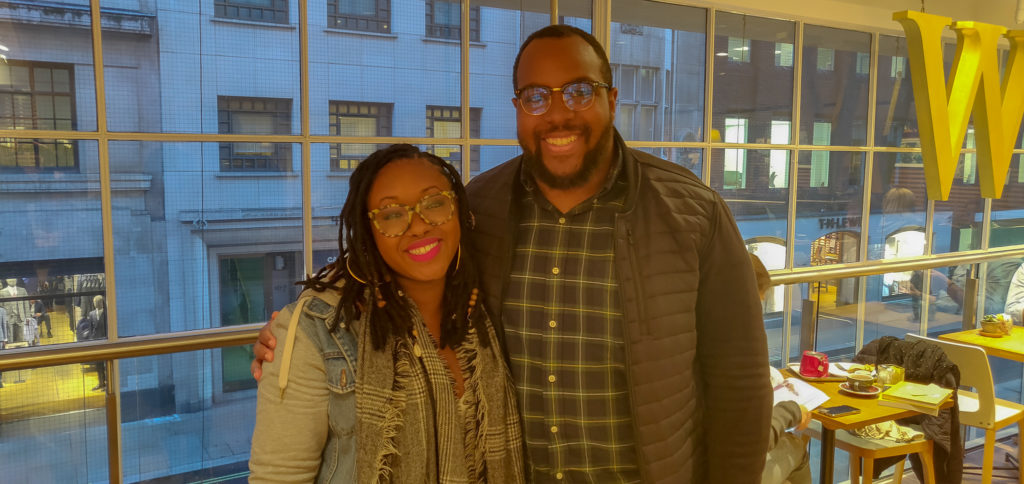Globally, we’ve seen an increase in strongman leaders who take a more authoritarian approach to run their countries. They have the mandate from the people, normally accelerated by populist speeches and changes in society that are in danger of disrupting the status quo.
The promise of these strongmen is pretty standard across the board, ” I’m here to cut through the politics and drive the change no matter what it takes.”. As a result, we’ve seen leaders literally find any opportunity to sidestep institutions in their way. Boris Johnson, for example, illegally suspended parliament in order to prevent a no-Brexit vote or Donald Trump sidestepping Congress to build a wall on the Mexican border.
While their tactics are questionable, democratically- elected strong men tapped into something that’s been an issue with democracies but further exacerbated by the present realities of the world. We live in a world of instant. We get information instantly. We communicate instantly. We get packages within hours where it used to take weeks. It seems like everything in our world got faster but our democratic process. Democracy, as an institution, seems super slow in today’s world. As a result, citizens are frustrated and feel like democracy, as it is, is not working for them. They’ve elected leaders who championed alternative methods and came from outside politics to change the way things are done in their respective countries.
I don’t believe more authoritarian leaders are a sustainable solution. We have to look at how to revamp our institutions so that they are more responsive to people’s needs and realities. We need to reshape policies and procedures so they are more inclusive to populations that don’t feel like they’re heard in the current democratic process. We need a form of democracy that is agile at its core but driven by the same steadfast democratic values that have gotten us this far.
Normally, I’d go into a summary of potential solutions but this is a multi-layered problem that could require a whole book to explain. To be brief, people need more active ownership of the democratic process. Democracy needs to be more accessible to citizens. We also need some procedural and structural changes to decentralize power but also centralize power when the system calls for it. Democracy needs a reboot.






